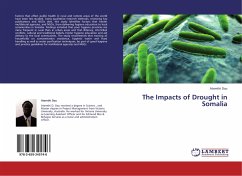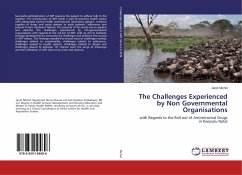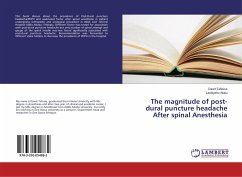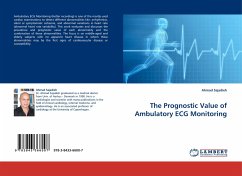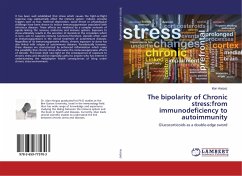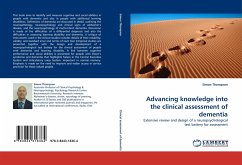Factors that affect public health in rural and remote areas of the world have been less studied. Using qualitative research methods, reviewing key publications and NGOs sites, this study identifies factors that hinder multilateral agencies, and NGOs, from delivering hygiene education to local communities in Somalia. Findings included that poor hygiene practices are more frequent in rural than in urban areas and that illiteracy, intertribal conflicts, cultural and traditional beliefs, hinder hygiene education and aid delivery to the local communities. The study recommends that training of households on contamination avoidance, hygienic water and food handling as well as water purification techniques, be part of good hygiene and practice guidelines for multilateral agencies and NGOs.
Bitte wählen Sie Ihr Anliegen aus.
Rechnungen
Retourenschein anfordern
Bestellstatus
Storno

